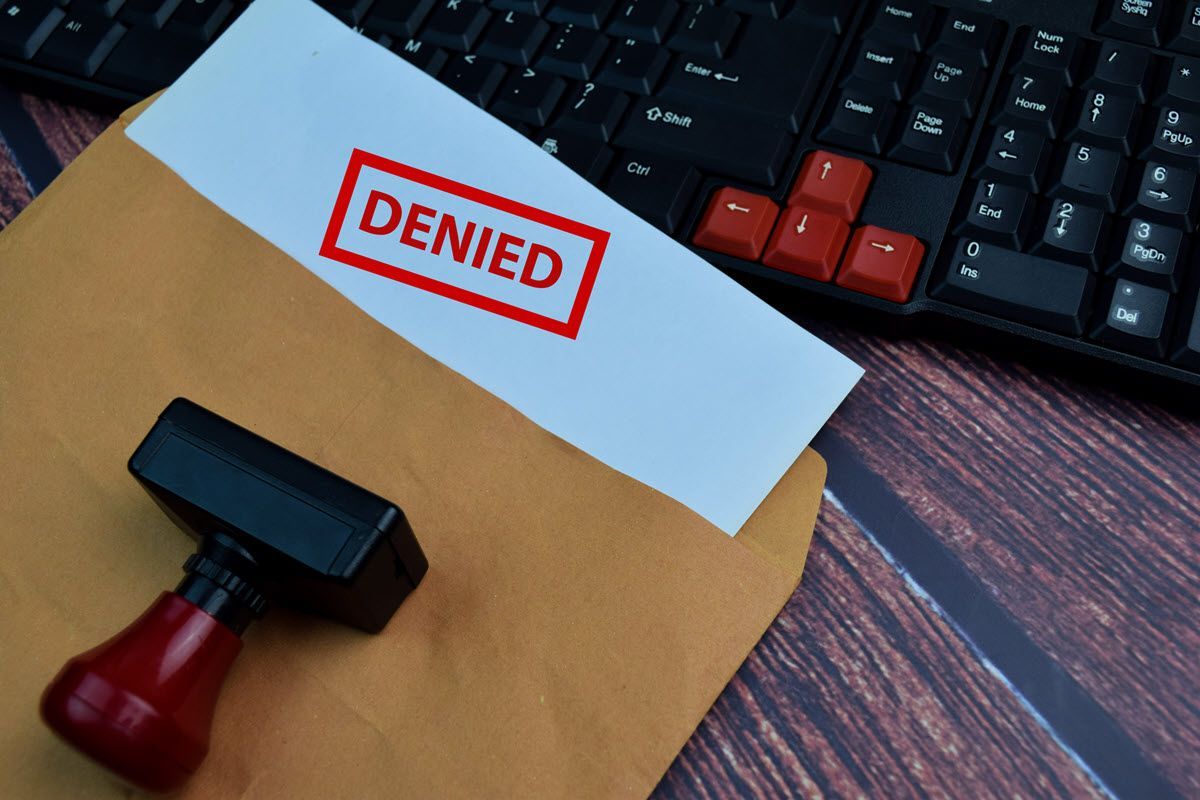
One of the most meaningful ways to care for your loved ones — even after you’re gone — is by creating a thoughtful estate plan.
An estate plan ensures your assets are distributed according to your wishes, reduces potential conflict among heirs, and provides clarity during an emotional time. But with so many moving parts, it’s easy to overlook important details.
To help you get started, here’s a checklist that covers the key components of a well-rounded estate plan.
1. Do you have a will?
A will is the cornerstone of most estate plans. It allows you to specify who will inherit your property and other assets, and who will serve as guardian for any minor children. Without a will, state laws decide how your assets are distributed — which may not reflect your preferences.
Make sure your will is up to date, signed according to state law, and safely stored where your executor can easily access it.
2. Do you have health care directives in place?
Health care documents spell out your medical wishes if you become unable to make decisions for yourself. They also authorize a trusted person to act on your behalf.
Common documents include:
- Living Will: Outlines your preferences for medical treatment and life-sustaining care.
- Health Care Power of Attorney (or Health Care Proxy): Designates someone to make medical decisions if you’re incapacitated.
- Durable Power of Attorney for Health Care: Ensures that authorization remains valid if you become unable to make decisions long term.
These documents protect both you and your loved ones by ensuring your medical care aligns with your values and preferences.
3. Do you have financial powers of attorney or trusts?
Financial documents ensure your finances can be managed smoothly if you’re unable to handle them yourself.
- A
durable financial power of attorney authorizes someone you trust to manage your financial affairs — paying bills, managing investments, or filing taxes.
- Joint ownership or a
living trust can also help transfer assets efficiently and avoid probate.
Consult with a financial or legal professional to determine which approach best suits your situation.
4. Have you designated beneficiaries?
Naming beneficiaries on your retirement accounts, life insurance policies, and bank accounts is one of the simplest and most effective estate planning steps you can take.
These designations override what’s written in your will, so it’s important to review them regularly — especially after life events such as marriage, divorce, or the birth of a child.
In some cases, you may need to complete a specific “Payable on Death” (POD) form for certain accounts.
5. Do you have the right amount and type of life insurance?
Life insurance can help provide your loved ones with financial security by replacing income, covering debts, or funding future expenses.
Revisit your policy periodically to ensure your coverage amount still meets your family’s needs. Factors such as age, health, income, and debt can influence the right level of protection.
Keep in mind that life insurance policies have costs and potential tax implications. Before making changes, consider speaking with a licensed professional who can help you evaluate your options.
6. Have you considered estate taxes?
For most families, federal estate taxes are not an issue. However, if you and your spouse have a large estate (for 2026, over $30 million in combined assets), it’s wise to discuss tax-minimization strategies with a financial or estate planning professional.
Proper planning can help preserve more of your estate for your heirs.
7. Have you planned for your business?
If you own a business, a succession plan ensures your enterprise continues to operate smoothly. This may include identifying a successor, outlining transition steps, or setting up a buy-sell agreement if you share ownership.
A thoughtful plan protects both your legacy and your employees.
8. Have you created a letter of instruction?
A letter of instruction is a non-legal document that outlines your personal wishes — from funeral preferences to contact information and passwords. It can save your family significant time and stress as they carry out your estate plan.
9. Will your heirs know where to find everything?
Even the best estate plan is only helpful if your loved ones can locate the right documents. Keep your important records — including wills, trusts, life insurance policies, deeds, financial account information, and debt statements — in a secure but accessible place.
Tell your executor or a trusted family member how to find them.
Final Thoughts
Estate planning can feel overwhelming, but it’s one of the most loving and practical gifts you can leave your family. By taking time to organize your affairs and communicate your wishes, you ensure your legacy is protected — and your loved ones are cared for.
Note: Power of attorney laws vary by state. Estate strategies involving trusts or tax planning may be complex. Consider consulting with qualified estate planning and financial professionals before implementing any strategy.









